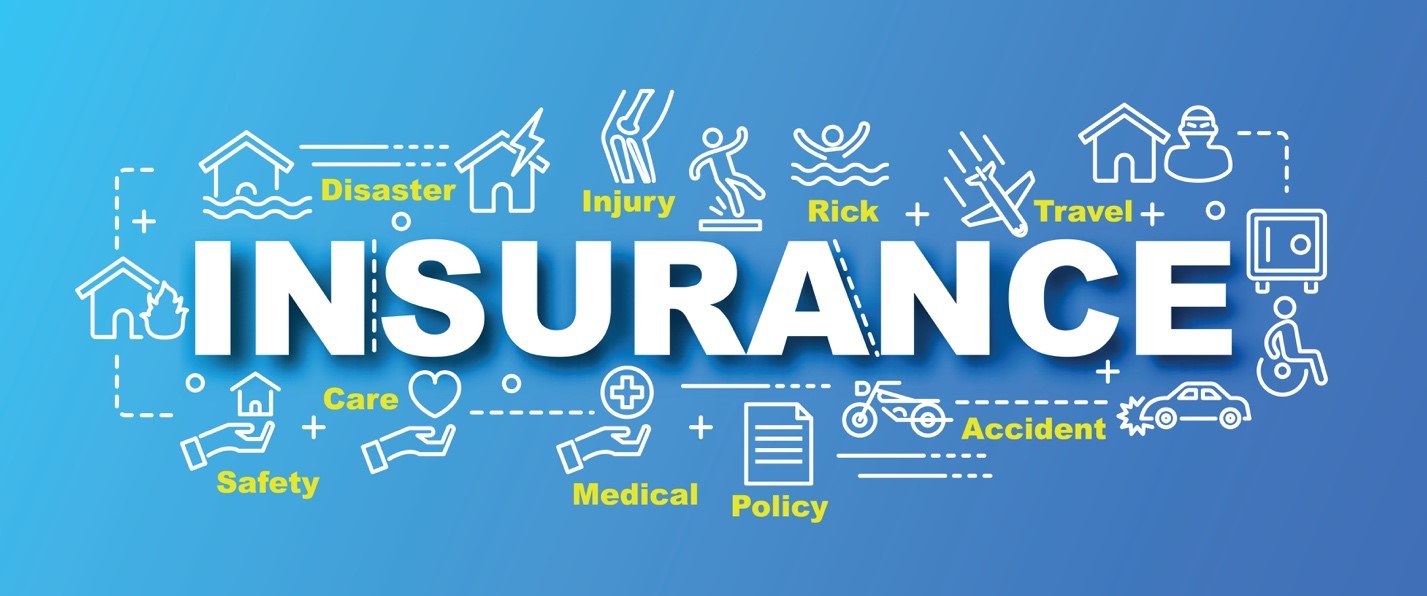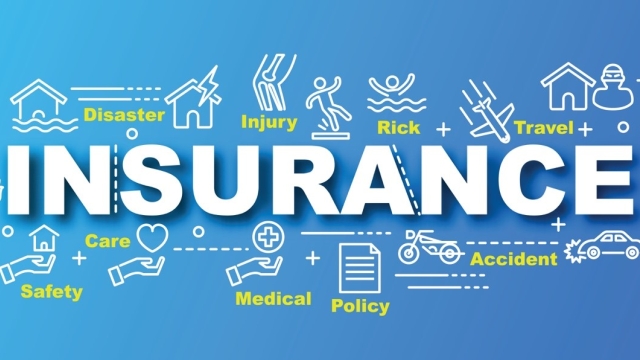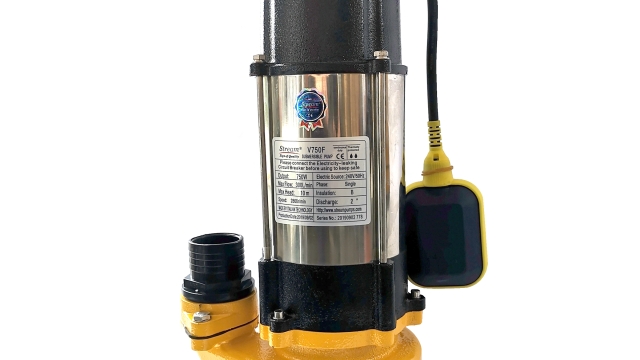Starting and running a business is no easy feat, but ensuring its long-term success and stability is crucial. One integral aspect of safeguarding your business against unforeseen risks is having the right insurance coverage. Business insurance serves as a protective shield, shielding you from potential financial losses due to property damage, liability claims, or any other unforeseen circumstances that may arise.
When it comes to insurance, many of us are familiar with terms like car insurance or health insurance. However, for small business owners, having appropriate small business insurance is equally essential. Small business insurance offers specific coverage tailored to the needs of your business, protecting you from potential risks that may arise in your industry or niche.
By investing in the right insurance coverage, you can provide yourself and your business with a safety net, minimizing potential disruptions to your operations and ensuring long-term stability and success. In this ultimate guide, we will explore the different types of business insurance, understand how they function, and unleash the power they hold in safeguarding your business. So let’s dive in and discover how you can harness the full potential of business insurance to protect your business, your passion, and your future.
Understanding Business Insurance
Business insurance is a crucial aspect of safeguarding your company against potential risks and uncertainties. Whether you own a small business or a large corporation, having the right insurance coverage can provide financial protection and peace of mind. In this section, we will delve into the basics of business insurance, including its importance and the different types of coverage available.

Insurance plays a vital role in mitigating the financial impact of unexpected events that could negatively impact your business. By transferring the risks to an insurance provider, you are ensuring that your company can continue to operate even in difficult circumstances. From accidents to natural disasters, business insurance can offer significant coverage for property damage, liability claims, and even employee-related issues.
One key type of business insurance is car insurance, which is specifically designed to protect the vehicles used by your company. Whether you have a small fleet of delivery trucks or simply use your personal car for business purposes, car insurance provides coverage for accidents, theft, and damages to your vehicles. This is especially important as accidents on the road can disrupt your business operations and result in significant financial losses.
Another important aspect of business insurance is small business insurance. As the owner of a small business, it is crucial to protect yourself and your company from potential risks. Small business insurance typically encompasses various coverage options such as general liability insurance, property insurance, and business interruption insurance. These policies provide protection against property damage, lawsuits, and unforeseen events that could interrupt your business operations.
In summary, business insurance is an essential tool in safeguarding your company from potential risks and uncertainties. Understanding the basics of business insurance, including car insurance for your vehicles and small business insurance tailored to your company’s needs, is crucial for ensuring financial protection and the continuity of your business operations.
Types of Business Insurance
-
Insurance plays a crucial role in safeguarding your business from potential risks. One of the most common types of insurance for businesses is general liability insurance. This type of insurance provides coverage for legal expenses, property damage, and bodily injury claims that may arise from accidents on your business premises. Having general liability insurance ensures that you are protected in case of any unexpected mishaps.
-
Another important type of insurance that businesses should consider is professional liability insurance, also known as errors and omissions insurance. This type of coverage is particularly relevant for professionals who provide advice or services to clients, such as consultants, lawyers, or financial advisors. Professional liability insurance helps protect against claims of negligence, errors, or omissions that may result in financial losses for your clients.
-
In addition to the above, businesses that rely on vehicles for their operations should also consider getting commercial auto insurance or fleet insurance. This type of insurance provides coverage for vehicles used in business activities, whether they are owned or leased. Commercial auto insurance helps protect your business financially in case of accidents, theft, or damage to the vehicles involved.
Remember, these are just a few examples of the types of business insurance available. Depending on the nature of your business, you may need additional coverage specific to your industry. It is important to assess your business needs carefully and consult with insurance professionals to ensure that you have the right insurance policies in place to safeguard your business effectively.
Choosing the Right Coverage
When it comes to protecting your business, choosing the right insurance coverage is essential. With various options available, understanding your specific needs is crucial to getting the right protection for your business. Here are a few key factors to consider when selecting your coverage:
-
Assess Your Risks: Start by assessing the potential risks your business may face. Consider factors such as your industry, the size of your business, and any specific risks that are unique to your operations. For instance, if your business involves transportation, you may need to consider car insurance coverage to protect your vehicles and drivers.
-
Determine Coverage Types: Familiarize yourself with the different types of insurance coverage available for small businesses. Some common coverages include general liability insurance, property insurance, and professional liability insurance. Each type of coverage provides protection against specific risks, so understanding the differences will help you choose the most relevant options for your business.
-
Seek Professional Advice: Insurance can be a complex topic, and seeking professional advice can help ensure you make informed decisions. Consider consulting with an insurance broker or agent who specializes in small business insurance. They can provide guidance tailored to your specific needs and help you select the coverage that best safeguards your business.
Remember, selecting the right insurance coverage is a vital step in safeguarding your business. By carefully assessing your risks, understanding different coverage options, and seeking professional advice, you can unleash the power of business insurance to protect and secure your valuable investment.



